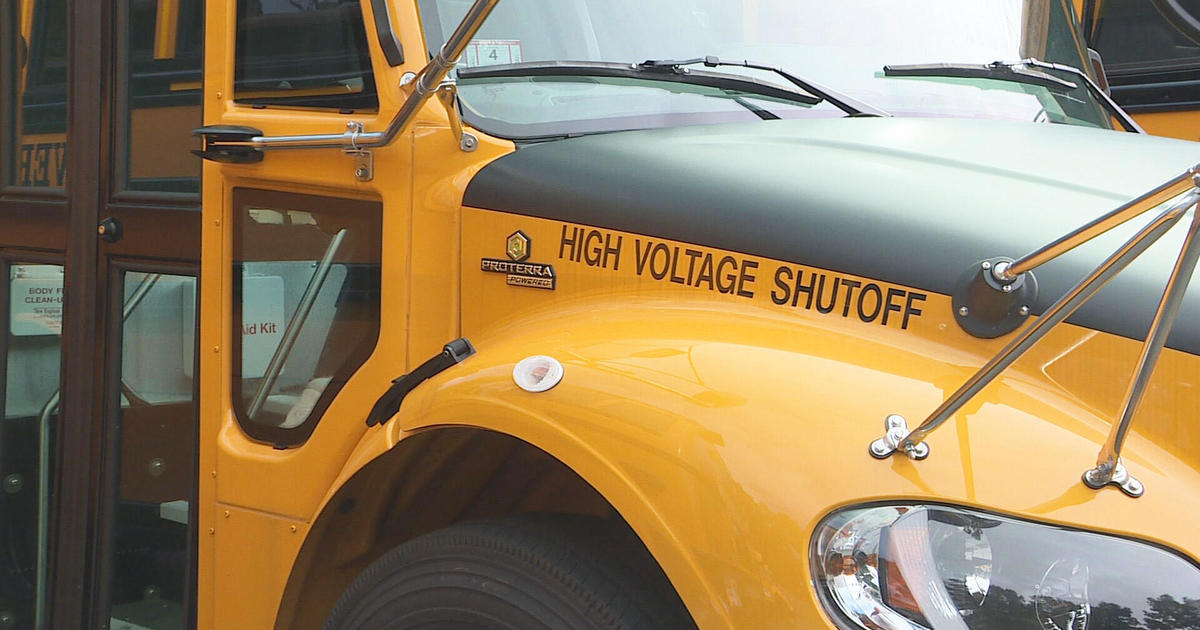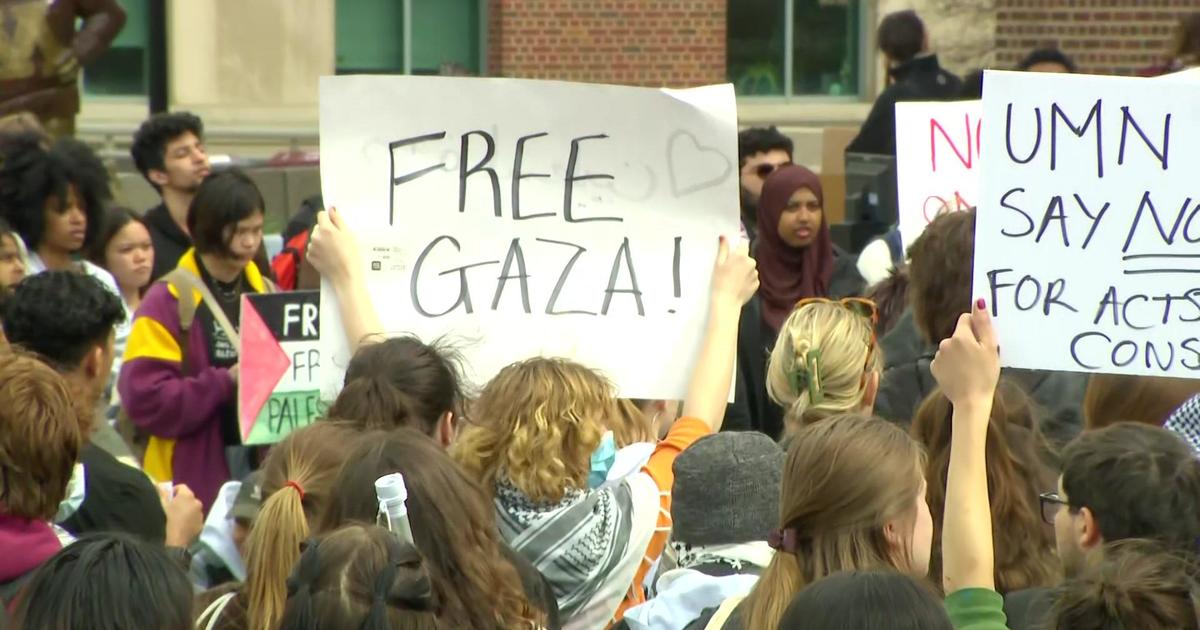Good Question: Why Do Gas Prices Go Up Faster Than They Go Down?
MINNEAPOLIS (WCCO) -- Most of us don't have a hard time finding the words to describe our feelings about the record-high gasoline prices facing Minnesota drivers. "Ridiculous" and "crazy" came from some gassing up in Uptown Minneapolis on Wednesday.
According to GasBuddy.com, it took just three days for prices to rise 50 cents, peaking at an average of $4.35 for a gallon of unleaded.
But from last Friday until Tuesday, the price has been dropping. Slowly. It's been a 12 cent drop.
Why do gas prices rise quickly, but fall so slowly?
According to a 2010 report by the Federal Trade Commission, retail prices rise four times faster than they fall, when there's a corresponding move in wholesale prices.
Researchers call it the rocket and feathers effect.
"You do tend to see a delay when there's a reason to drop price," said Akshay Rao, a pricing researcher and professor at University of Minnesota's Carlson School of Management.
Rao said when refineries catch fire or go down, prices should go up right away, so gas stations have cash to buy the next delivery.
"My current inventory has to take into account what the market is doing," he said.
But when fires go out and supply starts to climb, we don't notice.
"It's less visible, less salient, and consumers are not hammering saying, 'Hey supply went up, prices should be dropping,'" Rao said.
On the way up, we're all noticing the price. We'll go elsewhere to save a penny. It's a competitive pricing situation, and perhaps counter-intuitively, the very high prices might involve less profit-taking. On the way down, however, all of the parties involved in the production and distribution of gasoline take advantage of our lack of knowledge.
"Most if not all markets are typified by significant factions of consumers who are not well informed," said Rao, noting "there is profit-taking" and "greed" going on.
Some researchers have found that people are less likely to drive around comparison shopping on the way down, because of the "reference price" phenomenon. When you paid prices at $4.35/gallon, seeing a price at $4.25/gallon feels like you're saving money.
Plus, gasoline isn't a truly competitive market, because consumers typically buy gasoline when they need it, where they usually find it.
"People are habitual shoppers when it comes to gasoline," Rao said. "They go to two or three stations."



